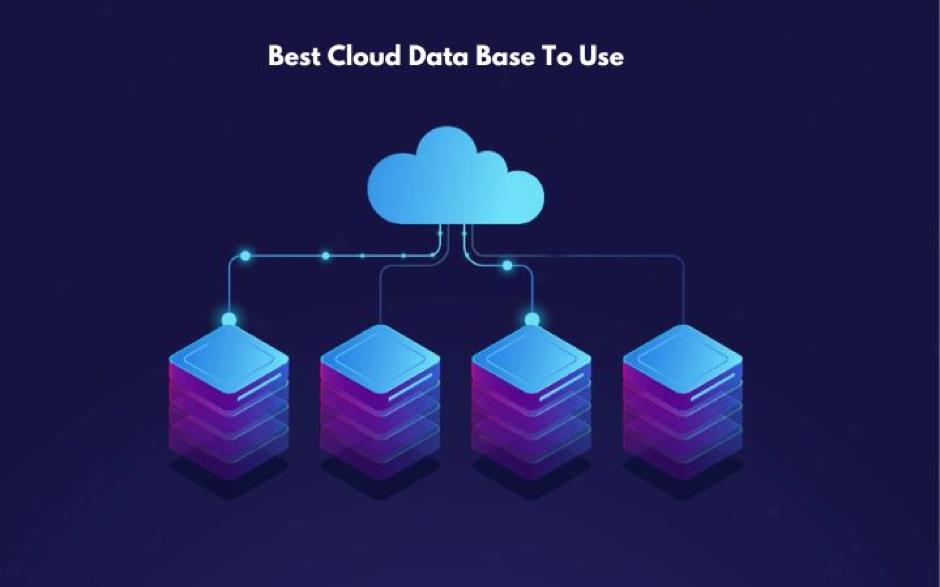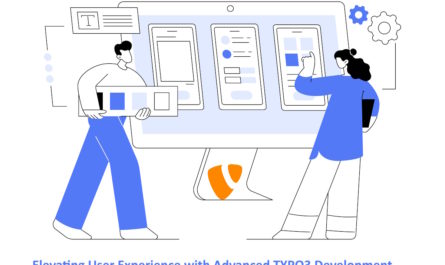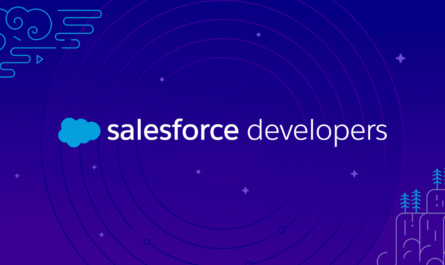Contents
Your Data. Your Decision
A Cloud Database is a managed and organized collection of data in an IT system that exists on a private, public, or cloud computing platform that is hybrid.
From an overall functionality and hybrid design viewpoint, a cloud database is not any more different than an on-premises one that runs on an organization’s data center systems.
The on-demand and computer system resources’ availability, particularly computing power and data storage, without any direct active management by the user is known as Cloud Computing.
Large Clouds often have distributed functions over many locations, each of which forms a data center.
Advantages Of Implementing One
If you are looking to shift to one, I will tell you that it is definitely recommended, as it brings a wide range of advantages with it. Some of them are –
● Less Hardware Dependence
Because the cloud service provider covers the infrastructure and maintenance aspects, companies can now spend less on resources and hardware, as well as IT.
There are also lesser conflicts and complications that frequently obstruct development.
● Scalability Enhancement
Working with a database allows for smooth and seamless scalability, especially ahead of big releases with packed deadlines or peak times.
As a result, it poses a huge benefit for evolving companies that may have neither the resources nor the budget for on-premise infrastructure.
● Value For Money
Not having to worry about costly upgrades or operational costs is not the only benefit that you get from implementing Cloud Databases.
Most of the Database solutions are available in numerous configurations today, something which makes it much easier for companies to only pay for only what they actually use.
● Utilize The Latest Technology
Companies now no longer need to worry about overspending money on buying new tech because updated infrastructure is now the sole responsibility of the cloud vendor.
Companies now also do not need to hire dedicated staff separately for onboarding and training purposes.
● Security
Just like the earlier listed advantages, all the top vendors today take care of the security and invest in solutions that would rather keep databases safe.
Though no solution is fully foolproof, it is definitely worth it to invest in protecting sensitive information and data with less scope for error.
Best Cloud Data Base To Use In 2023
The top Cloud data best across the globe this coming year are the following:
1. Amazon Web Services
The world’s most considerable and broadly adopted comprehensive platform.
Millions and millions of customers, including the largest enterprises, leading government agencies, and fastest-growing startups, are using this to become more effective, innovate faster, and lower costs.
AWS has quite a bit more services and features within those services than any other cloud computing platform. It includes features like – storage, databases, and computing to newly emerging technologies like artificial intelligence and machine learning, the Internet of Things, Data Lakes, and Analytics.
This makes it more efficient as it is faster and also more cost-effective to move your pre-existing applications to the cloud and build nearly everything that one can imagine.
2. Google Cloud
Google Cloud can aid you in unifying data across your business and help with storage space. It has a straightforward way that helps users to bring their data together. Thanks to its database solutions and smart analytics. Google Cloud Platform is among the most suitable cloud computing providers.
It is also a user-friendly service that you will have no problem using. This cloud computing service gives importance to security-focussed cloud computing services.
Their service offerings include efficient analytics and better insights into one’s data at any scale which simplifies tasks for its users.
3. Oracle Database
This Cloud service is a hybrid that both IT administrators and development teams can use. This platform uses many solutions and services as a cloud computing service. With their service, it is easy and safe to manage errors if any occur.
It has a Fast Connect feature that allows one to build multi-cloud environments. This in turn helps users to store data practically.
Its user-interface is very straightforward to use for beginners. Also the level of fast querying and fast security is another one of its added advantages. It offers easy transfer of the data for cloud users.
4. Microsoft Azure
This has primarily been considered one of the best cloud services platforms to be out there. It has a comprehensive set of available services from Microsoft’s tech giant.
The wide array of included services are more than enough to meet the needs of any business in any industry.
With the help of Azure, one can run its services on cloud or can even combine it with any of the pre-existing infrastructures. It was released back in 2010 and since then it has proven to be a good option for companies to evolve digitally.
5. CloudLinux
As can be understood from the name, it is a Linus-based operating system.
If building your own infrastructure is what you prefer rather than relying on a third-party provider, this platform is the best way to go. It is not a regular cloud services provider, though, it is rather a cloud platform to set up an in-house infrastructure.
Although working with it sets you up with many challenges, it nonetheless has several features and perks, including flexibility, security, complete control, and in-depth customization.
To Wrap It Up!
Cloud Data Management reduces the risk of data loss due to hardware failure and device damage so it is in the best interest to implement Best Cloud Data Base.
Thank you for reading up till here! I hope you found the information useful. Let me know in the comments your thoughts on the same.
Author Bio;
Doron is a passionate blogger. He loves to share her thoughts, ideas, and experiences with the world through blogging. He can write Multiniche topics such as Tech, Travel, Tourism, Business, Food, Health, Game, Gadgets, Fashion, Law and many more. Doron is associated with Newsprofy, Techrab




